


Preparing for an F1 student visa interview can be daunting. This guide provides critical questions, effective answers, and expert tips to help you succeed.
An F1 visa is a non-immigrant visa that allows international students to study in the U.S. It applies to academic institutions like universities, colleges, and language programs. You must convince the visa officer of your genuine intent to study, financial stability, and ties to your home country to succeed.
Check the frequently asked F-1 visa interview questions on your study plans in the United States.
Tip: Describe your decision to study in the US to your interviewer. You may, for instance, highlight the fact that the US has some of the greatest colleges in the world and is the country that foreign students most frequently choose to study in. A flexible educational system, cultural variety, top-ranked programmes, and assistance for international students are among the additional benefits provided by US institutions. You might talk about how foreign students like you come to the US to interact with peers from around the world in a friendly environment and how learning English in the US helps you become more fluent in English.
Additionally, you might draw attention to exceptional circumstances, such as the fact that your home nation does not provide the degree you wish to pursue.
Tip: How the education systems in your country and the US differ can be discussed in response to this visa interview question. You may mention to the interviewer that one of your ambitions is to earn a degree from one of the reputed universities in the US. If appropriate, you could also mention how your home nation does not provide the course of study you want to major in. You could also discuss how American colleges in your native country differ in terms of faculty, infrastructure, and course design.
Tip: Discuss your intended major with your interviewer. For instance, if you want to major in computer science, you can explain how you hope to use technology to change fields like health care and education. Discuss how business degree programmes are flexible and offer high-paying career options if you wish to do major in business. You may demonstrate that you are a trustworthy international student who genuinely wants to study in the US by answering the questions on the US F-1 student visa with confidence!
Tip: If you have visited the US before, explain to the visa officer why you were there, such as on a holiday, to take part in a training course, or for health reasons. If you haven’t, simply state that you have not yet had the opportunity to visit or study in the US.
Tip: You can answer that I am not employed currently, as I have devoted my time to preparing for my studies in the US. However, prior to this, I was working at XYZ Company as a software engineer. My role involved developing and implementing software solutions for various clients.
Tip: You should explain the previous university you studied at. You can answer this question as before now; I attended ABC University in my home country. I pursued a Bachelor's degree in Economics and successfully completed it last year. My academic experience at ABC University provided me with a solid foundation in economic principles and analytical skills.
Tip: The sample answer can be like this: “This study program directly aligns with my past work and studies. As an economics graduate, I have gained a strong understanding of economic theories and principles. Pursuing a Master's degree in International Economics in the US will enable me to delve deeper into this field and gain specialized knowledge that can be applied to real-world scenarios. It will enhance my analytical abilities and equip me with the necessary skills to contribute to economic research and policy formulation”.
Tip: You need to explain the subject you will be specializing in and mention the scope of the subject the future holds. The answer can be with the rapid advancement of technology and the increasing reliance on data-driven decision-making, specializing in data science will allow me to contribute to various industries by leveraging data to derive valuable insights and make informed business decisions. I am particularly interested in exploring machine learning algorithms and predictive modeling techniques to address complex business challenges.
Tip: Be honest in this situation. The Visa Officer will have complete information regarding your immediate family members such as your brother, sister, father, or mother.If you have a distant aunt or uncle living in the USA, you don’t need to mention them. It's best not to talk about any relatives who have overstayed their visa, as it could negatively affect your application.
The visa interviewer wants to learn about your preferences for US universities as well as your academic abilities and the factors that led you to make that decision. Remember that applicants admitted by prestigious universities will have a better chance of receiving an F-1 student visa.
Check the frequently asked F-1 visa interview questions on why you chose the university you wish to attend in the US.
Tip: Explain why the university is the greatest option for studying your major in your response, demonstrating to the interviewer that you have thoroughly researched the institution. The university's ranking, faculty, programs, student organizations, alumni network, and other factors should enable you to determine how you would profit from them. You may include famous people who attended the university you intend to attend, for instance.
Tip: You might just specify the town or city where the institution is located. Additionally, if you like, you can provide a few details about the area. For instance, if the college or university you plan to attend is in Chicago, you could mention that city's abundance of Fortune 500 companies and countless cultural attractions. This will demonstrate to the interviewer that you did your homework.
Tip: The answer can be “Yes I am familiar with some of the professors at the university. Two prominent professors in my field of study are Dr. John Smith and Dr. Emily Johnson. Their research and publications have greatly influenced my interest in the subject”.
Tip: You need to mention the study duration and also stress the intention to return to your home country after your studies. I plan to stay in the United States for the duration of my degree program, which is approximately two years for a Master's degree. After completing my studies, my intention is to return to my home country and apply the knowledge and skills I have acquired to contribute to the growth of my field there.
Tip: You can explain about your undergraduate studies here. The answer is that I have a strong academic background in computer science. I completed my Bachelor's degree in Computer Science from XYZ University. Throughout my undergraduate studies, I focused on developing programming skills, algorithms, and software development. I also engaged in several research projects and internships, which provided practical experience in the field.
Tip: I chose this particular university because of its excellent reputation in my field of study. The university has a strong faculty with extensive expertise in the subject area, and the research aligns closely with my academic interests. Additionally, the university offers advanced resources, state-of-the-art facilities, and opportunities for collaboration with industry partners, which will enhance my learning experience and career prospects.
Tip: I completed my undergraduate degree at ABC University, located in my home country. ABC University is a prestigious institution known for its rigorous academic curriculum and emphasis on practical application. It provided me with a comprehensive understanding of my field of study and equipped me with the necessary skills to pursue further education.
Tip: While I don't personally know anyone currently studying at this specific university, I have connected with alumni and current students through online platforms and forums. Their positive experiences and insights have reinforced my decision to choose this university for my higher education.
Tip: I received my Bachelor's degree in Computer Science in the year 2020 from ABC University in my home country.
Tip: You can mention your reason for applying to the summer semester. The answer can be I applied for the summer semester because it aligns well with my academic timeline and personal goals. The summer semester provides an opportunity to gain valuable academic experience during the break period, allowing me to efficiently use my time. Additionally, the summer semester offers specialized courses and research opportunities that are relevant to my field of study, which will further enhance my academic and professional development.
Tip: The visa officer is trying to find out if you take your studies seriously. Honesty is the only option, even if you applied to four schools, got accepted to one, and were rejected by three. Be honest about which University you chose. Be assured of the selection procedure you undertook, and in the shortest sentence possible, express your genuine happiness with the acceptance. You can answer like “I was shortlisted and applied to four universities based on my unique course requirements. I was fortunate to be admitted to this school as it was one of my top two choices.”
The interviewer may want to know if you can succeed in your studies in the US even though you have already been accepted at a US institution or university. You might be asked to provide your test results, English language proficiency levels, and/or high school transcripts during your interview. Officers can use these to decide whether you’ll be able to succeed academically at the school you want to attend.
Check the frequently asked f1 visa interview questions with answers on your academic history and record of achievements.
Tip: If you have taken any standardized tests (such as the GRE, GMAT, ACT, or SAT), including English language tests like the TOEFL and International English Language Testing System exam (IELTS), be sure to include your scores in the discussion.
Tip: Your proficiency in speaking, writing, reading, and understanding English is shown by your TOEFL and IELTS scores. You might mention your TOEFL and IELTS scores to the interviewer even though the university you desire to attend has already accepted your application to demonstrate your commitment to improving your English-speaking abilities. Tell the immigration officer that you're excited to join an international community in the US and develop your English language skills.
Tip: Your high school transcripts, passport, DS-160 confirmation page, F-1 visa application payment receipt, a copy of your visa photo (make sure your visa photo complies with all requirements), and I-20 from the college or university where you have been accepted should all be ready and on hand when you go for your visa interview. So, you may just hand it over when your interviewer asks for a certain paper.
Tip: Yes, I am aware of my undergraduate Academic GPA, which is 3.8 on a scale of 4.0. I consistently performed well in my coursework, earning high grades and commendations from my professors.
Tip: You need to mention that it will be a benefit to me and I can socialize with various people and get to know them. The answer can be” I am fully aware that cultural and educational differences exist between my home country and the US. However, I believe that my adaptability and openness to new experiences will help me manage these differences effectively. I am prepared to immerse myself in the local culture, engage with fellow students and faculty members, and actively participate in extracurricular activities and student organizations. Additionally, I am confident that the support services provided by the university, such as cultural integration programs and international student orientations, will further assist me in navigating and embracing the cultural and educational diversity in the US”.
Tip: I have conducted extensive research on US schools and universities. The US education system is highly regarded worldwide for its academic excellence, research opportunities, and comprehensive curriculum. US schools are known for their emphasis on critical thinking, hands-on learning, and interactive teaching methodologies. They foster an environment that encourages innovation, creativity, and independent thinking. Moreover, US schools offer a wide range of extracurricular activities, student clubs, and support services to ensure a holistic development and a well-rounded educational experience for students.
Tip: The sample answer can be receiving a scholarship is an honour, and I believe several factors contributed to this opportunity. First and foremost, my academic achievements and strong academic record played a crucial role in being considered for the scholarship. Additionally, my passion for my field of study, as demonstrated through research projects and extracurricular involvement, showcased my commitment and dedication. I believe the scholarship committee recognized my potential to contribute positively to the academic community and make a meaningful impact in my chosen field. Furthermore, my leadership experiences and community involvement might have highlighted my ability to bring positive change both within and outside the academic setting.
Demonstrating financial stability is a necessary aspect of obtaining a US student visa. To secure an F-1 visa, it is important to provide evidence to the visa officer that you possess sufficient funds to support your life as an international student in the US and cover educational expenses. Your financial plan should encompass various expenditures such as tuition fees, housing, dining, health insurance, and transportation. If you have a sponsor assisting you with your finances, it is likely that the visa officer will inquire about your relationship with the sponsor.
Check the frequently asked F-1 visa interview questions about your financial stability that the visa interviewer may ask.
Tip: If you are an earning member before applying to the course you can mention that or if you are doing a part-time job, you can also mention it. The answer can be, “As a student, my monthly income primarily comes from my savings and occasional part-time jobs. On average, I receive approximately [mention amount] per month”.
Tip: My sponsor, [sponsor's name], has an annual income of [mention amount]. They have provided me with financial support and will continue to do so throughout my education.
Tip: I have carefully planned my finances to ensure that I can fund the entire duration of my education. Besides the support from my sponsor, I have personal savings and investments that will contribute to covering my educational expenses.
Tip: The cost of my school tuition varies depending on the program and duration. However, for the academic year [mention year], the estimated cost of tuition at my chosen university is [mention amount].
Tip: To meet these expenses, I have secured scholarships and financial aid, which will help cover a significant portion of my educational costs. Additionally, I will be utilizing personal savings, contributions from my sponsor, and potentially part-time employment opportunities on campus, as allowed by the terms of my student visa.
Tip: My education is sponsored by [sponsor's name], who has generously supported me financially. They are committed to ensuring my success and have provided the necessary funds to cover my tuition, living expenses, and other associated costs.
Tip: My sponsor, [sponsor's name], works as [sponsor's occupation]. They have been employed in this occupation for [mention number of years] years, demonstrating stability and reliability in their profession.
Tip: In addition to the support from my sponsor and personal savings, I have explored various options to cover the rest of my costs. This includes applying for grants, seeking part-time employment opportunities, and potentially pursuing research or teaching assistantships at the university.
Tip: Yes, I have a copy of my bank statements, which demonstrate my financial stability and ability to cover the necessary expenses throughout my education. I can provide the required documentation upon request.
Tip: I have my tax returns available for inspection, which reflect my financial situation and provide evidence of my income sources. I am more than willing to present them for verification if required.
Tip: Yes, I have personal savings that I have accumulated over time, which will supplement the funds provided by my sponsor. These savings will contribute to covering my educational expenses and ensuring my financial stability during my studies.
Tip: While my main focus during my studies will be on my academic commitments, I may consider part-time employment opportunities on campus, as permitted by the regulations of my student visa. This will not only provide financial support but also enhance my practical skills and provide valuable work experience.
Tip: My sponsor generously covers a significant portion of my educational expenses. In addition to their support, I have also secured scholarships and financial aid that help alleviate the financial burden. I have not taken out any loans to finance my education.
Tip: You just state that you do not have any loans, if you do not have any. If not, be honest with the interviewer about the amount of the loan you have applied for and where it was obtained. You can also claim that after graduation, you'll be able to find a good job back home and repay the loan. Do not, under any circumstances, imply that you will work odd jobs in the US to pay off the loan.
Tip: My father/mother is employed as [father's/mother's occupation]. They have been working for [mention number of years] years at [company name]. Their stable employment and income have contributed to the financial support they provide as sponsors for my education.
Tip: The recent large deposits in my bank statement are a result of personal savings and contributions from my sponsor, specifically for the purpose of funding my education. These deposits were made in preparation for covering the educational expenses and ensuring financial.
Tip : The purpose of these types of inquiries is essentially to find out if there are any additional family members for whom your parents might eventually need to raise money. These kinds of questions are essentially meant to assess how the family's income and expenses are balanced.
While the prospect of working in the US may be appealing, it is crucial to emphasize your intention to return to your home country. During your conversation with the visa officer, be prepared to discuss the reasons behind your desire to go back to your home country after graduation.
Check the frequently asked f1 visa interview questions with answers that focus on your post-graduation plans.
Tip: Currently, my focus is on pursuing a Master's degree. While I have an interest in furthering my studies and research in the future, my immediate plan is to gain practical experience and contribute to the industry upon completing my Master's degree.
Tip: After completing my studies, my plan is to return to my home country and apply the knowledge and skills I have gained in the United States. I am committed to utilizing my education to contribute to the development and growth of my home country's professional landscape.
Tip: You need to explain your plan after graduation. The sample answer can be “After I graduate, my goal is to secure employment in a field related to my area of study. I aspire to utilize the knowledge and skills I acquired during my education to contribute to the industry and make a meaningful impact. While I am open to exploring various career opportunities, my focus is on finding a position that aligns with my passion and allows me to utilize my expertise”.
Tip: Your answer can be “As of now, I do not have plans to continue working for my current employer after I graduate. My primary objective is to pursue further education and gain specialized knowledge in my field. However, I remain open to exploring potential collaborations or professional connections with my current employer or other organizations in the future”.
Tip: I understand the importance of maintaining the integrity of the student visa program and adhering to its regulations. I have a strong intention and compelling reasons to return to my home country after completing my studies. Firstly, my family, cultural roots, and professional network are based in my home country, which provides me with a strong support system and career prospects. Additionally, I am aware of the potential contributions I can make to developing my home country, leveraging the knowledge and skills acquired during my studies. I am committed to following the legal requirements and obligations of the F1 visa, which include returning to my home country upon the completion of my education.
Tip: If you have changed your field from the previous one, then this question is highly expected to be asked by the embassy. The sample answer can be “The decision to change my field or career was driven by a desire for personal growth and a better alignment with my long-term goals. Through self-reflection and careful consideration, I realized that my true passion lies in [new field/career]. I recognized the potential for greater fulfillment, increased opportunities, and the ability to make a more significant impact by pursuing this new path. This change in direction is a result of my commitment to personal and professional development”.
Tip: You should answer this question positively, which shows your passion and determination to pursue further education. The answer can be “If my student visa is not approved, I would explore alternative options to continue my education and pursue my academic goals. This may involve considering other reputable universities or educational institutions in my home country or other countries that offer quality educational programs in my field of interest. I am determined to continue my educational journey and remain dedicated to achieving my academic aspirations, regardless of the outcome of the visa application process”.
Tip: Yes, I firmly believe that I deserve to receive an F1 visa. I have diligently followed the application process, provided all the required documents, and met the necessary criteria for admission to the educational institution of my choice. I am genuinely committed to pursuing higher education in the United States and have demonstrated my intention to abide by the rules and regulations governing student visas. I understand the importance of maintaining my status as a legitimate student and will fulfill all the obligations associated with my visa.
Tip: Yes, I plan to go home during my summer vacation. I value the opportunity to reconnect with my family, friends, and community in my home country. Spending time with my loved ones and immersing myself in the local culture will provide me with much-needed personal rejuvenation and contribute to my overall growth and well-being. I understand the importance of maintaining a balanced lifestyle and nurturing relationships outside of my academic commitments. I believe that going home during the summer vacation aligns with these principles.
Be honest. Say, “I’m not sure about this, but I can find out.”
Only the applicant is allowed inside the consulate.
Understand the reason for denial, address it, and reapply.
Arrive at least 30 minutes early to navigate security checks.
Absolutely. Mock interviews build confidence and improve your responses.
Typically, 3-5 minutes.
Ace your F1 visa interview by preparing thoroughly, practicing confidently, and staying authentic. With the right approach, you’ll secure your visa and begin your U.S. educational journey!
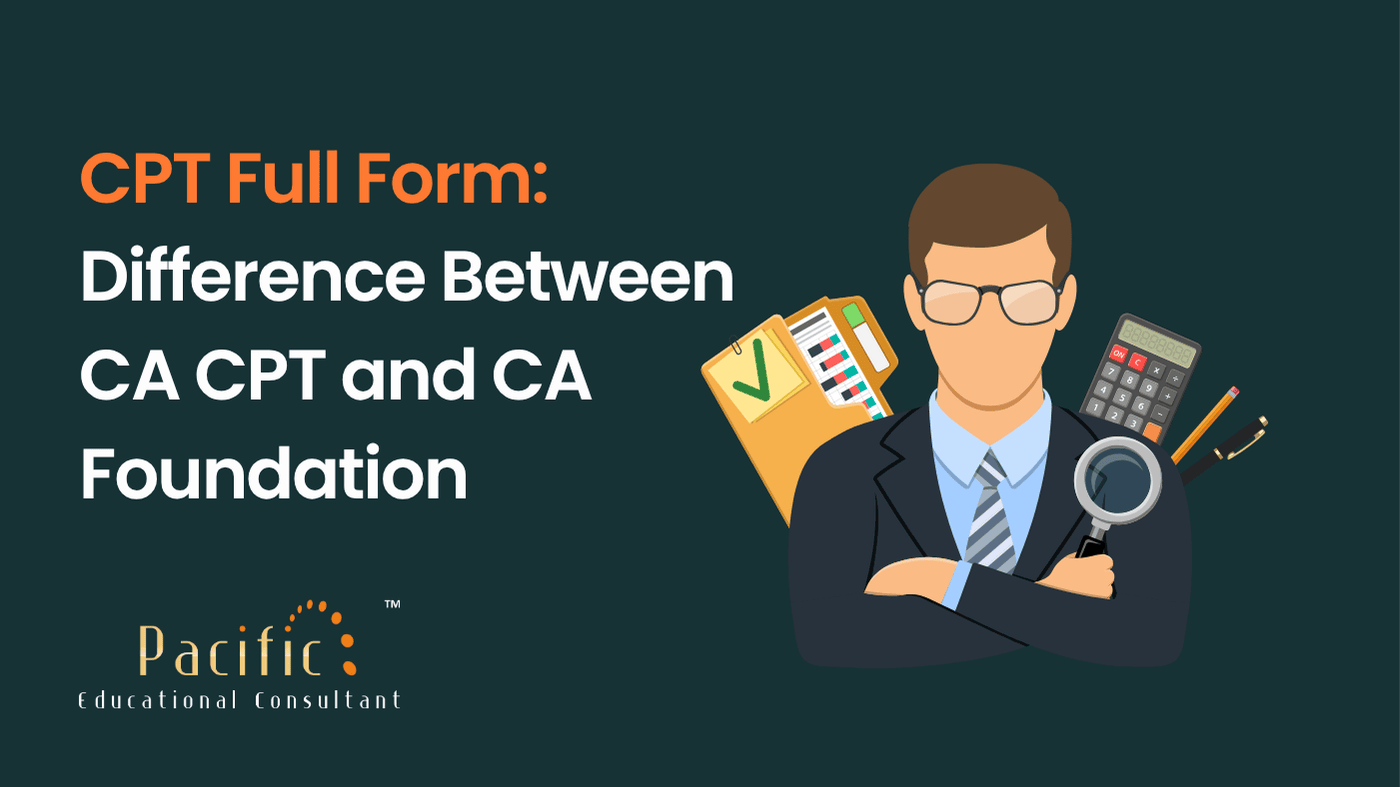
CPT Full Form: Difference Between CA CPT and CA Foundation

5 Indian Freedom Fighters Who Studied Abroad and Changed India’s History
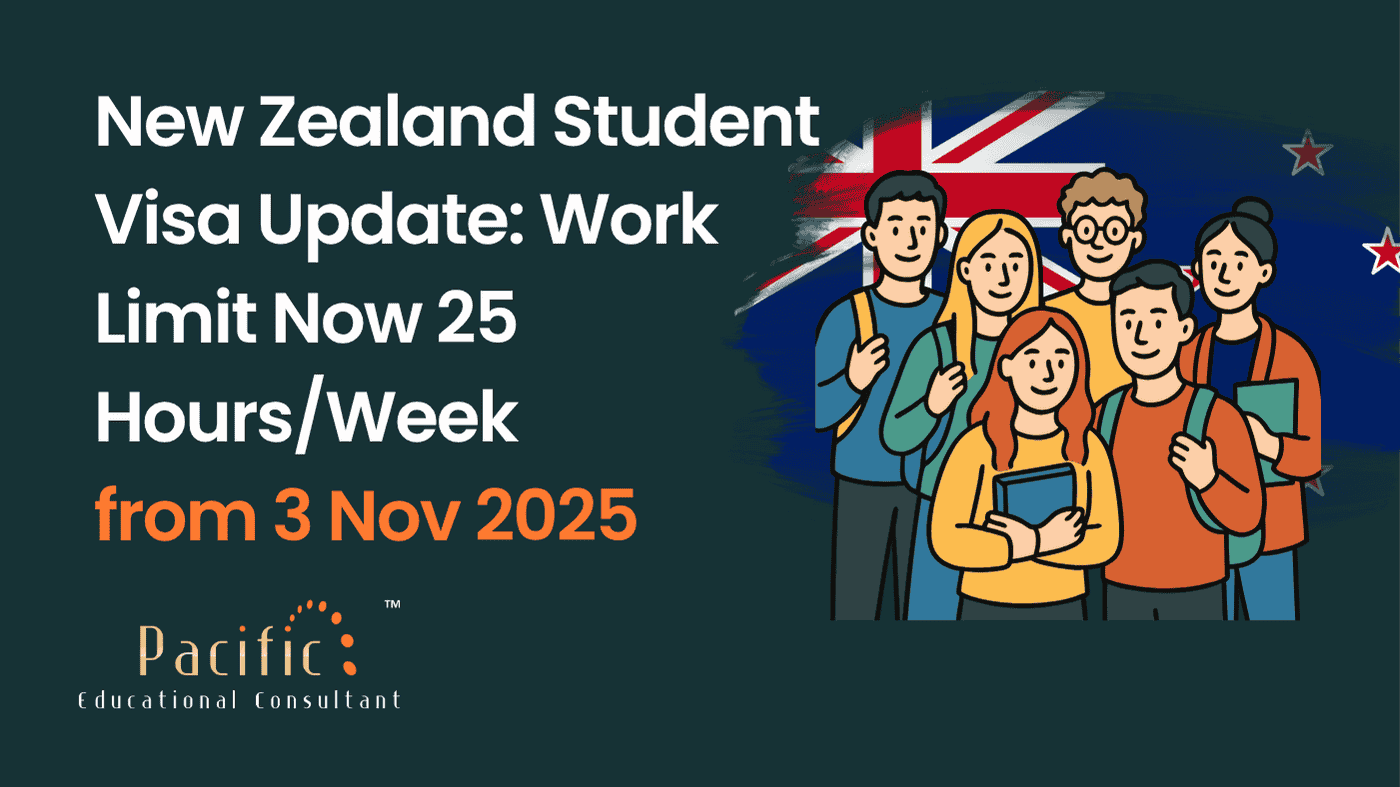
New Zealand Student Visa Update: Work Limit Now 25 Hours/Week from 3 Nov 2025
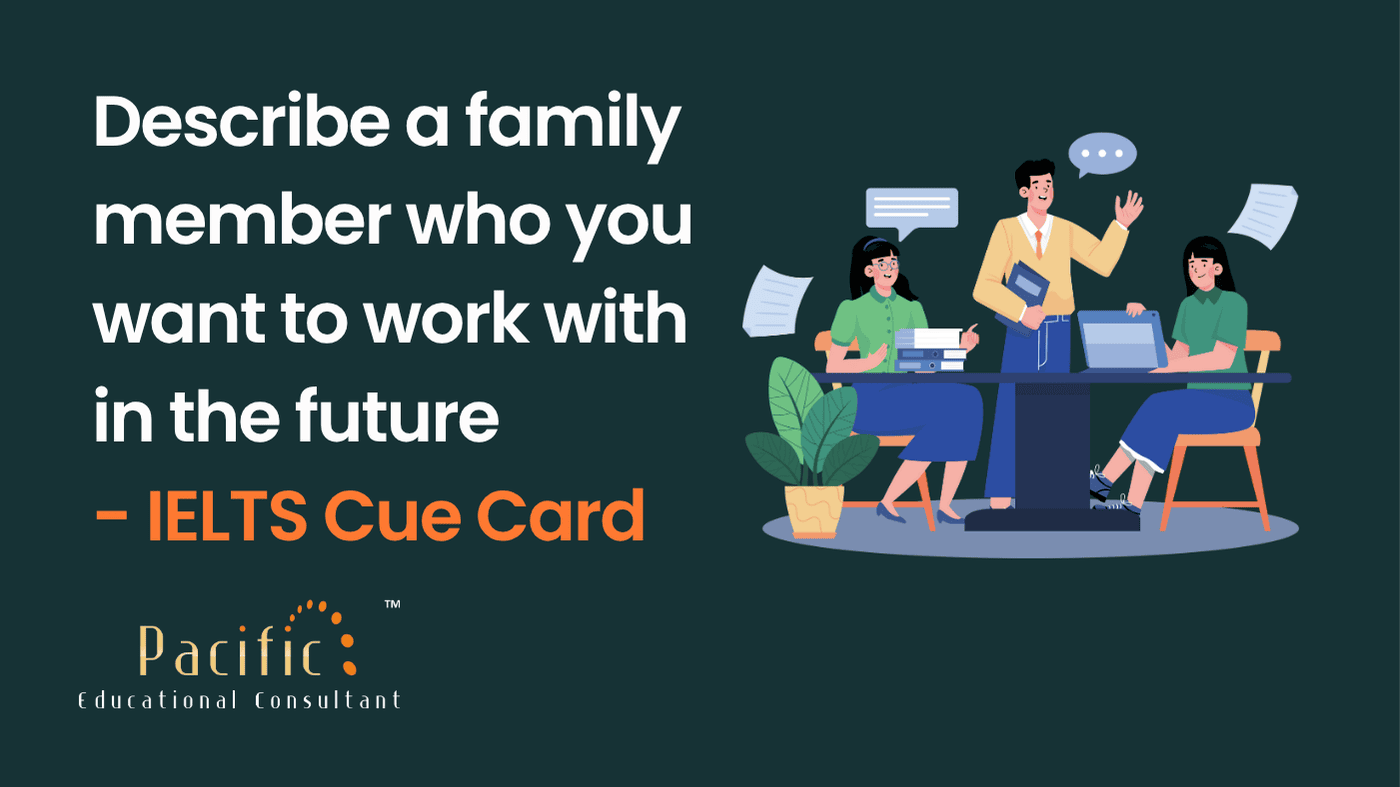
Describe a family member who you want to work with in the future - IELTS Cue Card
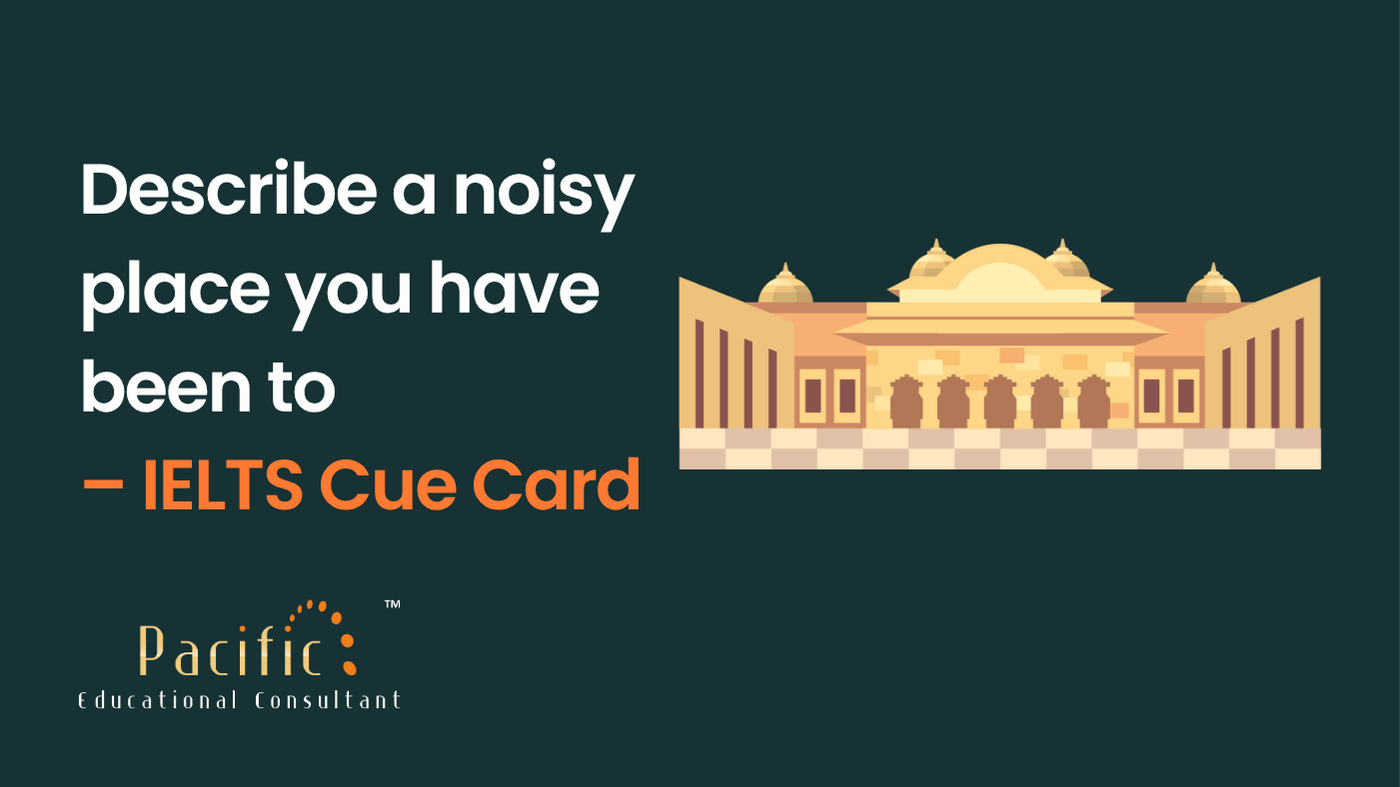
Describe a noisy place you have been to - IELTS Cue Card
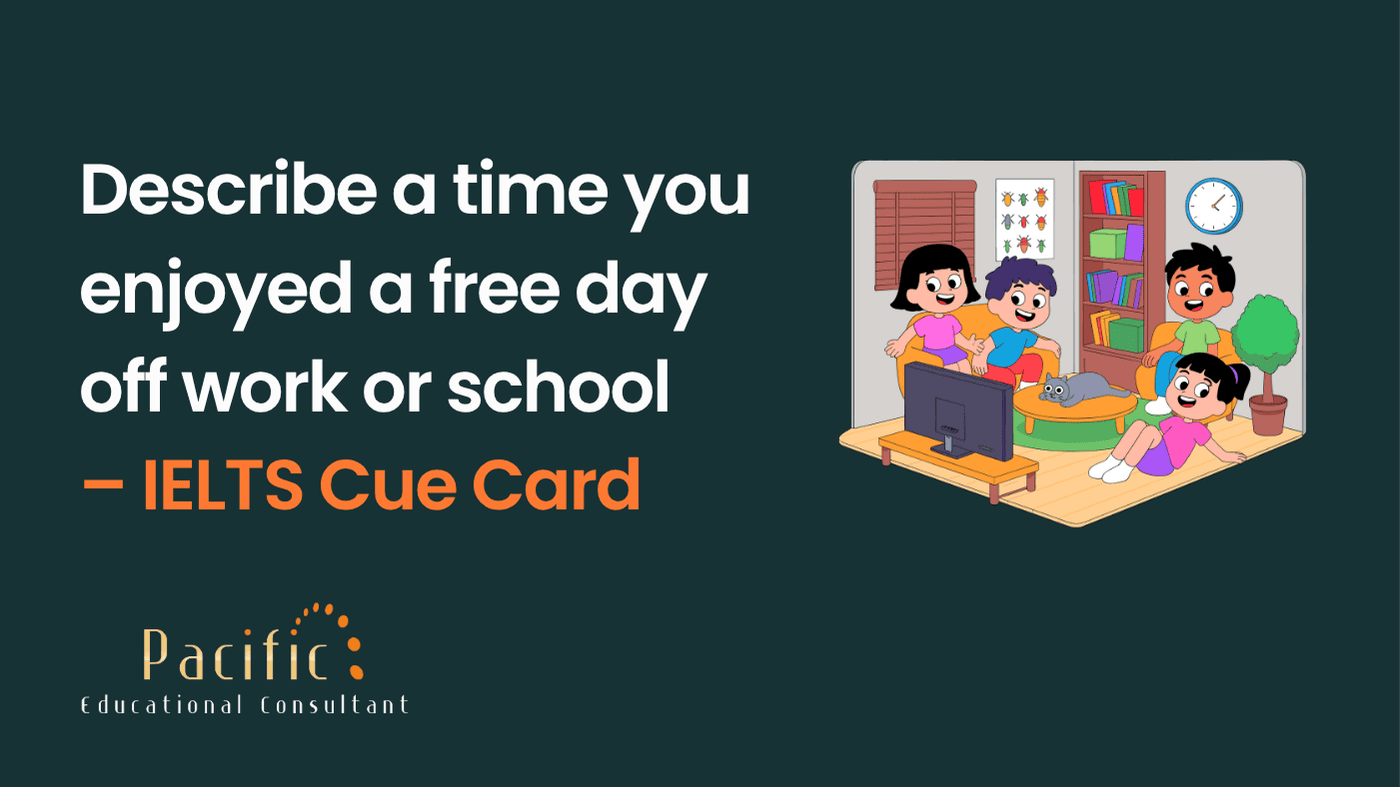
Describe a time you enjoyed a free day off work or school – IELTS Cue Card
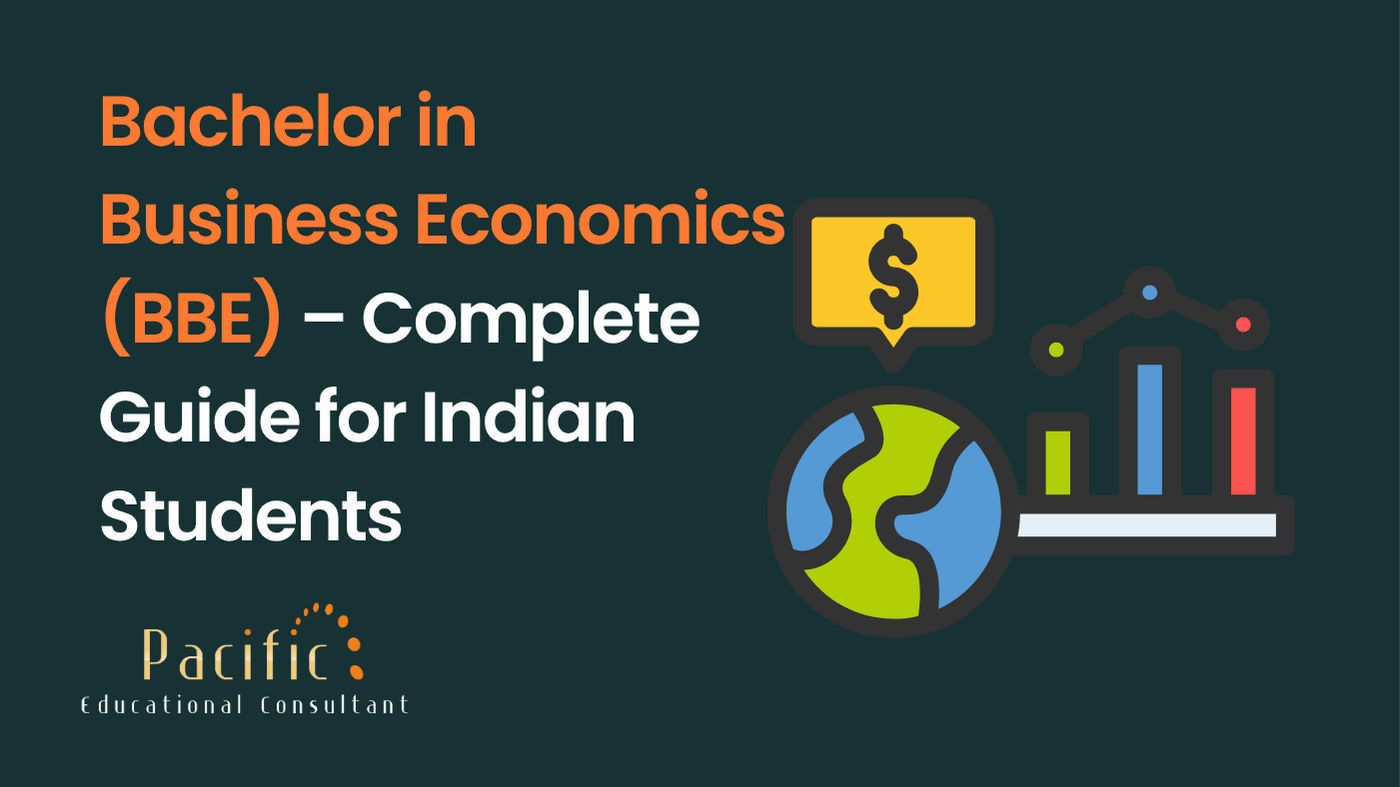
Bachelor in Business Economics (BBE)
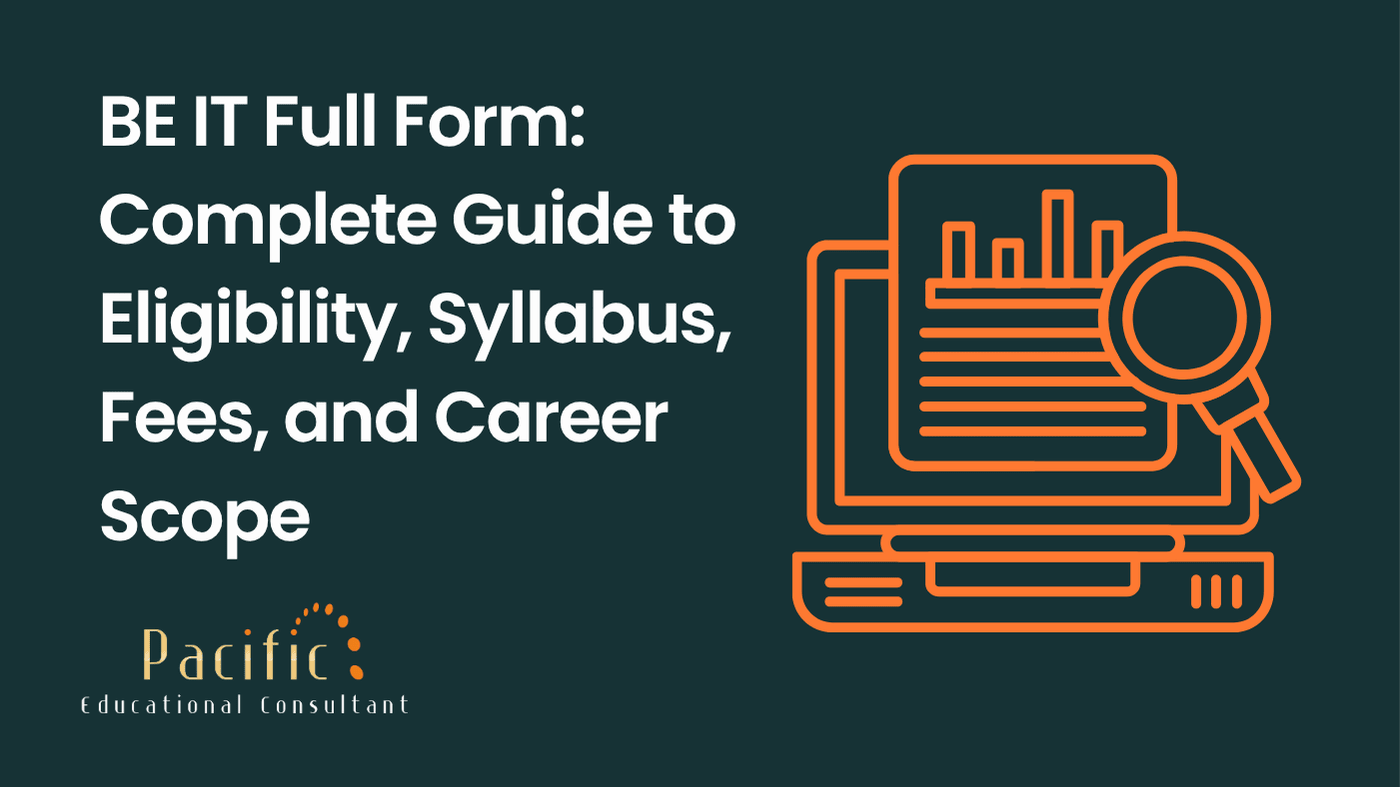
BE IT Full Form: Complete Guide to Eligibility, Syllabus, Fees, and Career Scope

Describe a water sport you would like to try in the future - IELTS Cue Card
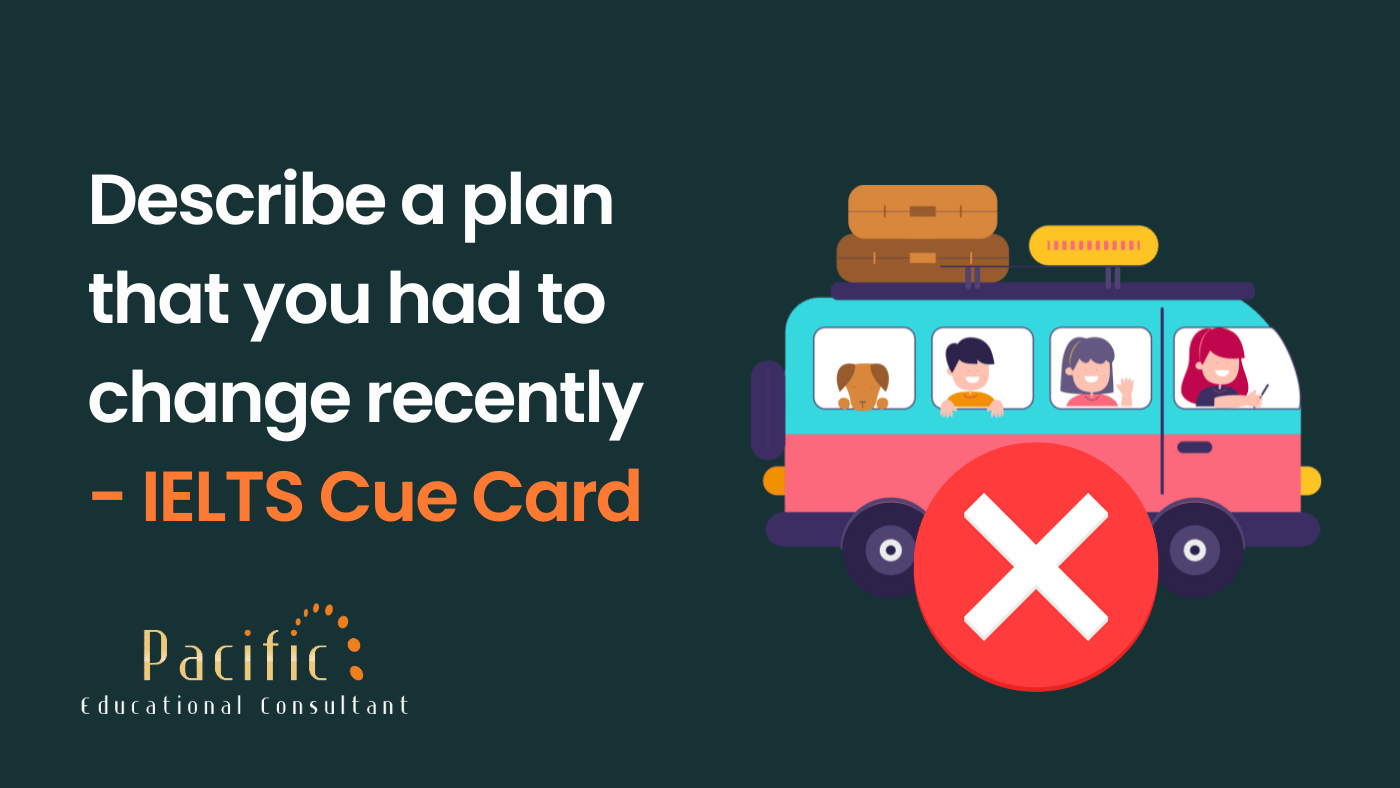
Describe a plan that you had to change recently - IELTS Cue Card